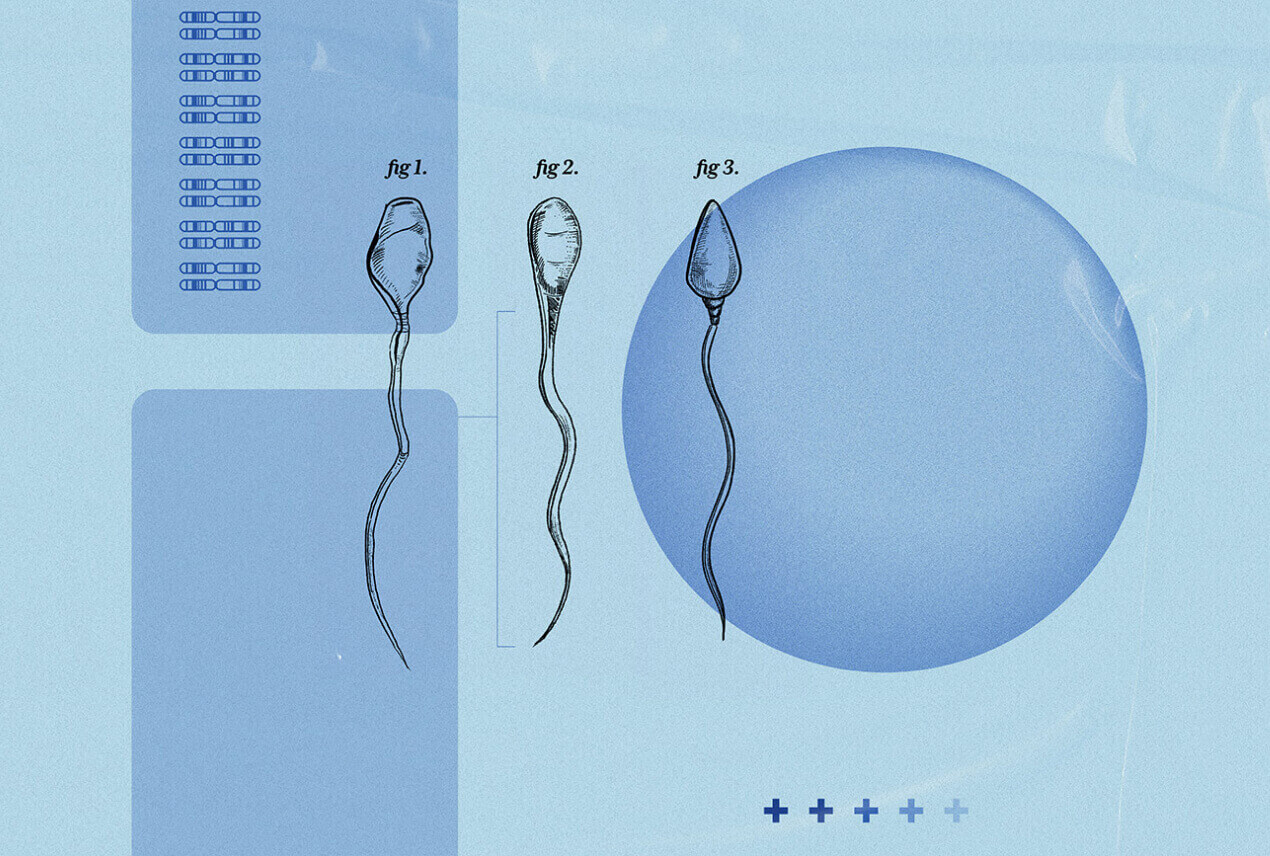The body is responsible for many incredible biological processes, including the daily generation of millions of sperm cells.
This process is known as spermatogenesis.
But what is sperm, exactly? What's in it? Which parts of the body make it? How do you make sure your sperm are healthy?
Let's get some answers and learn the facts about sperm health.













